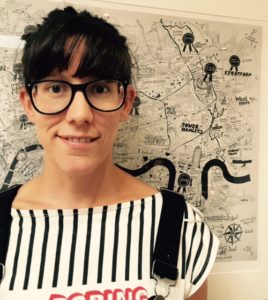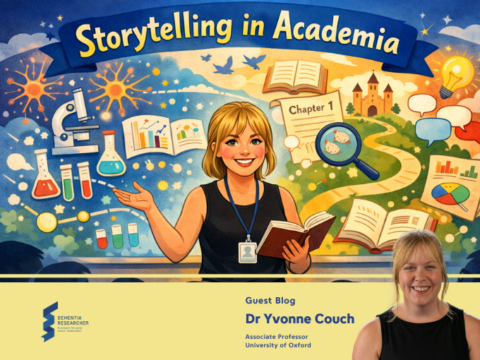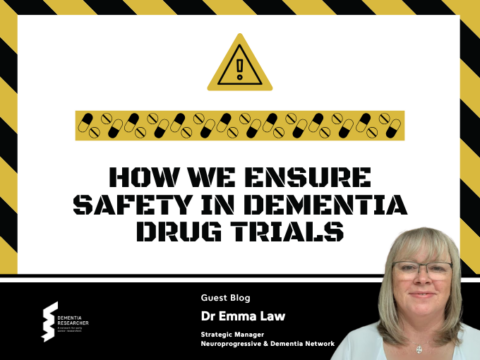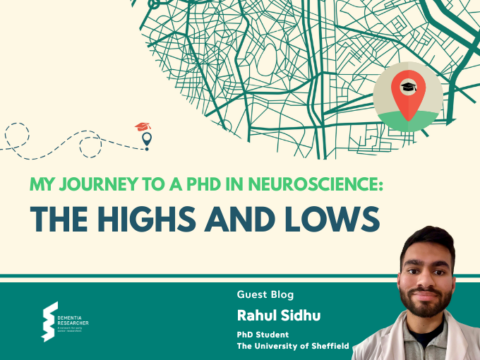I’ve got my fingers tightly crossed as I click the button on the application form. I’ve been working on a small grant application worth just under £2,000 and I’m really hoping I get it. My colleague and I have been simmering a small research idea for a few months now and have made a few small steps forward but what we really need is a bit of person power (a few hours work by a Research Assistant) to get it to lift off. So we’ve found a small grant and have put together an application over the last three weeks and we are hopeful it’ll do just that!
These small grants applications may not always seem so worthwhile. Why invest a tonne of time for a small amount of money when what would really sustain you is a large grant or fellowship award? That’s a great question and one I have heard many ECR colleagues pondering. But these small awards are still money in the bank. Larger grant bodies are more likely to invest in you if you have a track record of small awards already. And often these small awards a chance to try out an idea- to bring to life a potential collaboration and test it out. Thereby adding to our CVS, establishing our collaboration and getting the job done on our project idea.
My colleague and I have been pondering our research idea for nearly 9 months. We’ve broken the idea into smaller subsections and slowly started working on the first component- a survey. We secured ethical approval and finalised and piloted it, and have now made that survey live. It seems to have gained some interest and we’ve had really positive discussions with other people about it. So when we saw this small grant round come up internally we leapt at the chance to apply. The application process itself always looks tediously long. But it worked because we collaborated. We chatted via email – just throwing a couple of ideas back and forth, then met in person for a hour to agree the idea- we made some notes on a shared document as we talked. By the time we finished talking we had the skeleton down. We then divided the tasks so we each led on a couple of sections- luckily there were four so two each. We each spent some time sketching it out and then commented on what we’d each written. This didn’t take long – and we are both quite positive so our notes to one another often read something like “I love this idea what about phrasing it like this…” or “oh thanks for noticing this- joint grant writing is much easier”.
The only arduous bit was the finance- we (and I always do this on small grants) forgot to check in with finance till the last minute. But given we had our costs, justifications and the application basically ready plus we have a pretty good relationship with finance this was a minor hiccup.
I’m now onto the next one, which is due in a couple of weeks. I’m trying for some PhD studentship funding with a biomedic colleague. This is a bit more money and a bit more writing. But this colleague approached me – and has a great idea for a sales pitch: From cell to care- treatment for dementia. One of the benefits of this colleague is that they speak traditional biomedical science. It’s so interesting and useful to see how to “sell” things a different way. I’m learning so much with every attempt at one of these. It’s much better than a grant writing workshop- it’s more like an apprenticeship where I get to see how different people think, write and work on funding applications.
It’s quite exciting working with different people on different things. It feels like this creates a web of opportunities. The downside is it creates quite bit of work AND sacrifices time I might have spent on something else, like my current research (which I feel like a tad behind on right now). Perhaps I also I feel like I am taking a bit of a risk every time I choose to put myself out there. I am taking a risk by working with someone new, who might or might not like or appreciate my ideas. The grant funder might say no. I might have wasted time for a big fat “No”. But on the other hand- I’m also mindful that previous unsuccessful applications (I applied to the same student ship scheme last year without success) can be rewritten, re woven and re crafted into successful applications. Therefore no time is wasted- it is all invested. I pledge to be a big fat yes to continuing to try for small amounts of funding. It’s genuinely good for me.
Author
Dr Anna Volkmer is a Speech and Language Therapist and Senior Research Fellow in Language and Cognition, Department of Psychology and Language Sciences, University College London. Anna is researching Speech and language therapy interventions in language led dementia and was once voted scariest speech and language therapist (even her children agree).

 Print This Post
Print This Post




